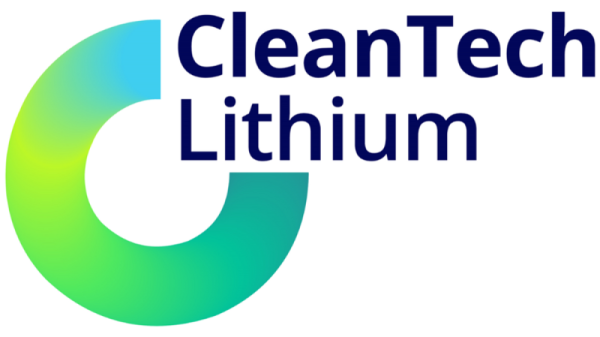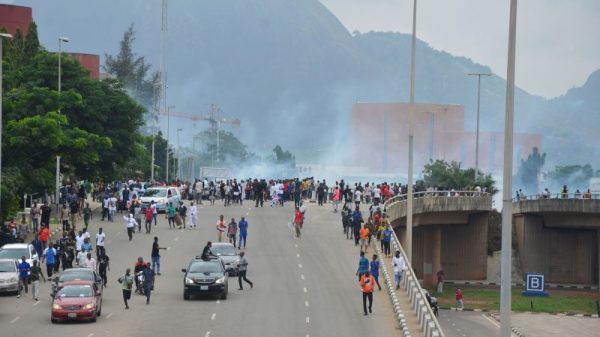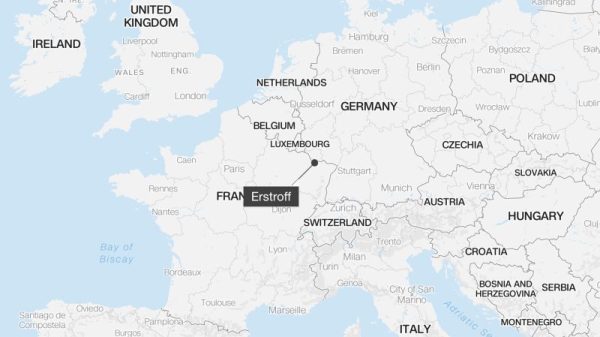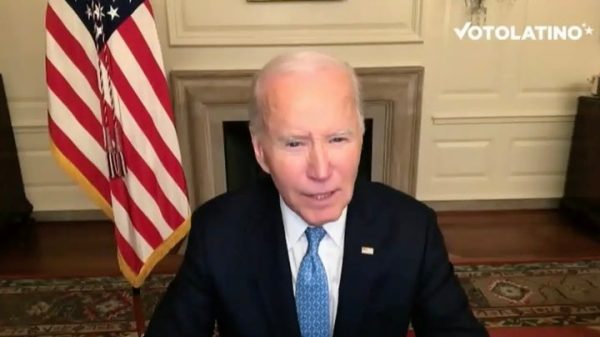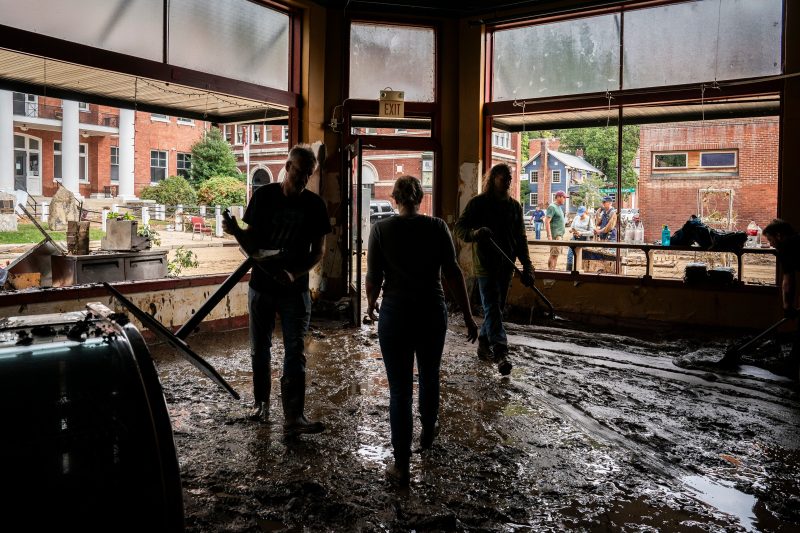Hurricane Helene is gone, fragmented into large cloud formations over the Eastern United States that folded into the rest of the country’s weather. But many Americans are still dealing with the devastation Helene carried with it, especially portions of the Carolinas, Georgia and Florida declared disaster zones. At least 125 deaths have been confirmed as of midday Tuesday, with tens of thousands more people displaced temporarily or permanently.
As The Washington Post noted Tuesday, the inconveniences wrought by Helene include one that’s unimportant on a human scale but vitally important on a political one: a disruption of the effort to prepare for and conduct the 2024 presidential election. Particularly in North Carolina, where poll averages show a close race, the upending of daily life means potentially upending the results of next month’s election.
And if it does, it may be to former president Donald Trump’s particular detriment.
As of writing, the federal government has issued disaster declarations in 66 mostly rural counties across four states: 17 in Florida, 11 in Georgia, 25 in North Carolina and 13 in South Carolina. The declarations follow Helene’s path, from the section of Florida where the state bends along the Gulf of Mexico, through eastern Georgia and into the western Carolinas.
In part because the counties are heavily rural, many of the places determined to be disaster areas are ones that supported Donald Trump in the 2020 presidential election.
Overall, counties in those four states that weren’t declared disaster areas voted for Joe Biden by a slight margin. Counties that were declared disaster areas backed Trump by a nearly 16-point margin. In all four states, counties that were included in the federal government’s disaster declarations were more supportive of Trump than were counties that didn’t receive that designation. In Georgia and North Carolina, non-disaster counties gave more votes to Biden.
If we compare the number of votes cast in those counties included in the federal declarations, we see that the disaster-area counties contributed 24 percent of Trump’s vote total in those four states in 2020. They contributed 18 percent of Biden’s votes.
In each of the four states, Trump got a higher percentage of his votes in the disaster-area counties than did Biden.
Trump won North Carolina by a bit over one percentage point in 2020. If no one in the counties currently undergoing a Helene-related disaster had voted, Biden would have won by more than three points. If those counties are unable to vote at the same level as they did four years ago by the time Election Day arrives, that could spell trouble for the former president.
Those are big ifs, of course. For one thing, there’s still more than a month until voting concludes. The 2012 presidential election was affected by Superstorm Sandy, but that storm made landfall in New Jersey on Oct. 29, just over a week before Election Day. For another thing, the voting pattern most likely to be disrupted in North Carolina this year is voting that occurs before Election Day. Mail service and early in-person voting will be more difficult — methods more embraced by Democrats in recent years.
That the federal government has identified areas where disaster relief can be deployed serves as a reminder that recovery efforts are well underway. The Biden administration — obviously recognizing the political repercussions that can accompany a hurricane response, as happened when Biden was on the Democratic ticket in 2012 — is providing detailed overviews of the extent to which the federal government is deploying. Most areas hit hard by Helene will probably return to some semblance of normal well before Election Day arrives.
The political effects of the hurricane, then, might center less on who isn’t able to cast a vote than on how voters perceive that response.




